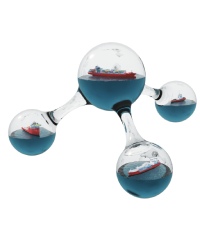 | AMMONIA DRIVE#SustainableShipping #Marine
We recently began collaborating with the University of Delft to study the impact of the use of ammonia as fuel on ships. The study will pose various questions including how to safely use ammonia, how to ensure regulatory compliance and if it is possible to use a combined hydrogen and ammonia fuel cell.
Read more |
 | JORES#SustainableShipping #Marine
Jores aims to gather a full set of ship performance data to enhance understanding of full-scale ship hydrodynamics, thus laying a foundation for further improvements to performance.
Read more |
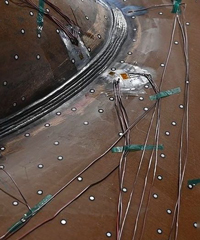 | OWA ASSISI#StructuralIntegrity #MRE
OWA ASSISI is a JIP bringing together contributors including OCAS, EDF RE, TotalEnergies, Shell and TU Hamburg. Contributors will investigate the characterization of root fatigue performances in in single-sided welds for offshore wind tubular structures.
Read more |
 | TOPTIER#StructuralIntegrity #Marine
Lead by MARIN, TopTier aims to identify and recommend improvements for the transportation, stowing and securing of containers, while providing technical understanding for safe future designs.
Read more |
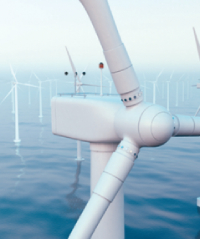 | WIND AVATAR#StructuralIntegrity #StructuralHealthMonitoring #MRE
Partnering with IPFEN and Total Energies, the Wind Avatar JIP will see Bureau Veritas provide an independent review of the methodology used to monitor a floating offshore wind turbine’s mooring.
Read more |
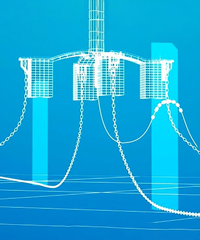 | DYONISOS#StructuralIntegrity #StructuralHealthMonitoring #Marine #JIP
The objective of Dyonisos is to develop and test a fatigue monitoring system for floater and mooring lines of floating wind turbines. It will use an intelligent digital operational network using hybrid sensors and simulations.
Read more |
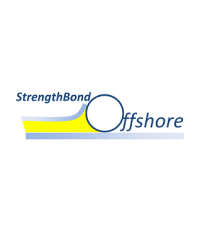 | STRENGTHBOND#StructuralIntegrity #Adhesives #Offshore
StrengthBond aims to tackle the problem of short-term strength and fatigue design prediction for composite repairs on offshore unit’s hulls. Rather than studying a particular design, we shall focus on design tools to be able to qualify the strength and fatigue of a large panel of bonded repairs for offshore units.
Read more |
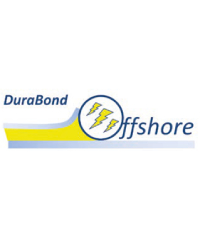 | DURABOND#CompositeMaterials #Adhesives #Offshore
Durabond builds on the success of the Strengthbond JIP. It aims to explore the impact of the offshore environment on the durability of composite patches used in repairing steel structures in the long-term. It will assess factors such as temperature, seawater and oils. READ MORE |
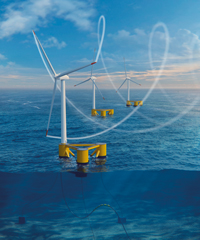 | OPTIFOWT#MooringIntegrity #MRE
OptiFOWT’s primary goal of is to streamline the mooring and floater design phase of floating offshore wind turbines (FOWT) by providing a methodology to estimate short-term responses. We will conduct sensitivity studies on various floater and mooring configurations, and develop a guidance note including a reliable design methodology. READ MORE |
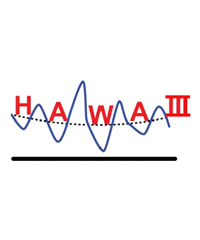 | HAWA-III#Seakeeping #Offshore
HAWA-III is a JIP studying hydrodynamic loading in shallow waters to develop calculation procedures for the offshore energy industry. We’re seeking to extend and validate the overall design methodology of nearshore terminals and provide practical tools and guidelines for their application.
Read more |
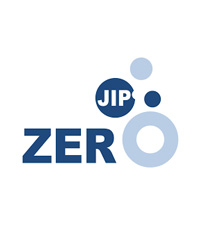 | ZERO#SustainableShipping #Marine
ZERO is a JIP with MARIN, to develop the engine room of the future. Nine vessel types are involved in the study, which aims to identify potential zero-emission propulsion systems.
Read more |
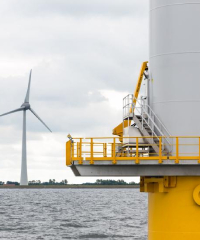 | OWA VERBATIM#JIP #MRE
OWA Verbatim is a Joint Industry Project (JIP) led by the Carbon Trust to study the interaction between soil and foundation piles in fixed offshore wind turbines. Bureau Veritas will offer its third-party opinion and enrich its own technical knowledge from this study. |
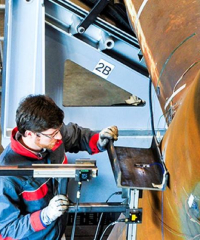 | OWA JaCo#JIP #MRE
OWA JaCo is a JIP led by Carbon Trust involving major offshore wind developers. Its main objective is to study the fatigue performance of large tubular joints fabricated using automated welding procedures.
Read more |
 | FREADY #StructuralIntegrity #JIP
The main goal of the FReady JIP (Fleet Ready combination of physical virtual hull structure monitoring) is fleet deployment optimization and structural integrity management. This is achieved through an efficient, cost-effective combination of virtual and physical monitoring.
Read More |
 | DONUT #MooringIntegrity #Offshore
Donut is a multiple-phase Joint Industry Project (JIP) aiming at enabling remote assessment of mooring systems underwater.
Reliable assessment of the integrity of mooring lines is of critical importance for the operation of floating energy production units, such as Floating Offshore Wind Turbines (FOWT) and Floating Production Storage and Offloading (FPSO). Damage in the mooring lines can create unacceptable risks to the entire asset and the subsea environment. The feasibility of detection, localization, and characterization of corrosion and fatigue damage in subsea chain links using active and passive techniques are investigated in this project, with the aim of creating/updating a digital twin of the mooring system.
Read More |
 | ARISE#JIP #Safety
Objective of ARISE project is to reduce the knowledge gap on cold ammonia and sea water interaction to improve related risk assessment exercise and accurately control impacted risk profiles. |
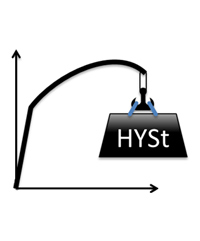 | HYST-2#Offshore #StructuralIntegrity
HYST-2 is a Joint Industry Project (JIP) aiming to propose rules for the structural application of steels with high Y/T ratio adressing fragile failure mechanism. This will help to enable wider application of structural steels with nominal yield strengths of 690 MPa and higher. |
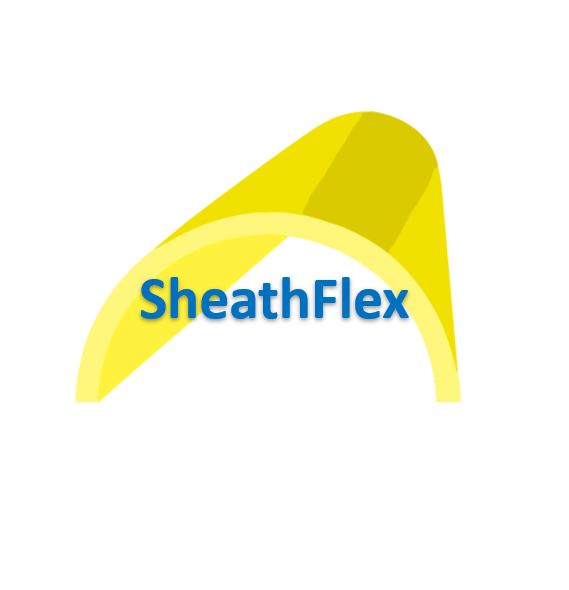 | Sheathflex#Offshore #JIP
With Sheathflex JIP, BV will bring together flexible pipe manufacturers and operators with the objective to develop a guideline defining the requirements to qualify a polymeric sheath, aligned with expectation from the industry for all unbonded flexible pipe applications. |
 | BAMOS#MooringIntegrity
BAMOS is a four-year project led by Ensta Bretagne and France Energies Marines. It aims to improve the modelling of short- and long-term behaviour of nylon ropes and expand the knowledge on fatigue and degradation mechanisms
Read More |
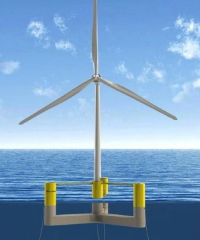 | OC7#JIP #MRE#MooringIntegrity
OC7 is a research project managed by NREL. It is a new iteration following the Offshore Code Comparison Collaboration, Continued, with Correlation, and unCertainty (OC6) project. It aims to improve the modelling of hydrodynamic viscous loads for floating offshore wind platforms to validate the accuracy of load predictions (especially aerodynamic loads) in a wind farm, with a specific focus on the influence of the floater flexibility.
Read More |
 | IMBOLSLING is a co-operative research ship project that brings together an unparallelled, multidisciplinary team to study impact of boiling liquid on sloshing pressures.
Read more |
 | DIMPACT+#MRE#SeakeepingAndSloshing
This project aims to explore in depth the assessment of extreme striking wave loads, also known as "slamming loads", on fixes and floating offshore wind turbines (FOWT).
DIMPACT+ is a continuation of the previous DIMPACT JIP, which resulted in new methods for computing slamming loads on FOWT.
DIMPACT+ intends to improve DIMPACT’s slamming loads methods, extend them to bottom-fixed technologies with a focus on deep water bottom-fixed and shallow water with strong bottom slope, and develop a specific approach for the definition of the design sea states in presence of breaking waves.
Read more |






























